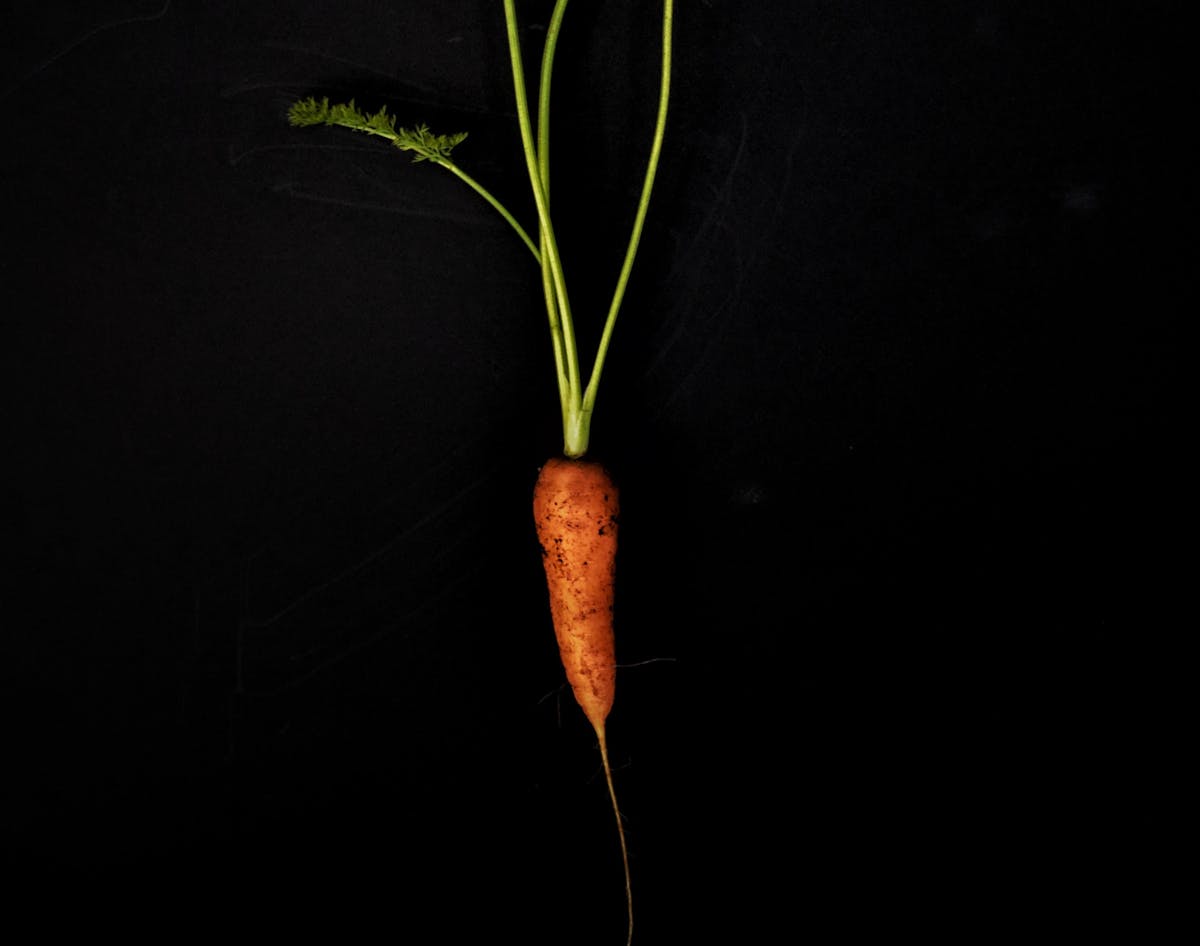In today’s work environment, we must meet all sorts of expectations and deadlines, be constantly ahead of the game, excel in leadership, and at the same time be innovative and agile. And if you don’t have an environment where people feel safe to; be themselves, share their opinions, disagree with each other, and take risks, it’s very hard to achieve any of those things.

Make hard & boring habits fun & easy through Temptation Bundling
When I was employed the office was on the other side of town and 95% of the time I would bike to work. It took me about 45 min, my way to work wasn’t especially beautiful and it was often cold and wet, but I rarely skipped it.
I’ve since been asking myself what made this habit so easy to stick to. An obvious one was daily exercise. This bike ride was also the only time I had to listen to my favorite podcasts or audiobooks and keep myself up-to-date on things I cared about. The third thing was less obvious but something I realized along the way: it was the only time I had during the day to be by myself (we have two small children). The final thing that made this routine more fun was exploring the city as I tried to find new routes.
All these things made the habit strong and as I said, I rarely didn’t bike to work.
The more fun and attractive you make something that is hard or boring, the more likely you are to do it (not that surprising maybe!).
And, of course, I’m not the only one who has realized this. Peloton is a stationary bike that looks like any other but they have added the possibility to join entertaining live classes together with others and competitive elements to make biking in your living room by yourself a social and fun experience as well.
Here’s a great example where adding a bit of fun helped change people’s willingness to take the stairs over the escalator:
I've since learned that this idea of combining hard or boring things you need to do with something you enjoy doing has been studied and is known as ‘temptation bundling’, a term coined by professor Katy Milkman. Katy enjoyed reading The Hunger Games but she did not enjoy going to the gym. So she made a rule that she could only listen to the Hunger Games audiobook while at the gym.
Here’s how Katy explains it:
Temptation bundling involves the coupling of instantly gratifying “want” activities (e.g., watching the next episode of a habit-forming television show, checking Facebook, receiving a pedicure, eating an indulgent meal) with engagement in a “should” behavior that provides long-term benefits but requires the exertion of willpower (e.g., exercising at the gym, completing a paper review, spending time with a difficult relative).
It sounds obvious, but many people don’t think of combining pleasure with hard things we should or need to do. Fun is one category. Hard work is another.
So when you ask people what it would look like if it was fun, people suddenly have great ideas they never thought of before.
A 1-Month Habit Experiment participant wanted to cook healthy meals for herself but found it rather boring. But as she did the strength survey (each participant explores & defines their strengths during the month) she realized one of her top strengths was ‘appreciation for beauty'. Through the coaching on how she could use this strength to make her habit more fun or attractive, she had the idea to make each of the meals look beautiful, snap a photo of the meal, and share it on social media (another thing she enjoyed). Suddenly her dull habit became her highlight of the day.
When hard things are also fun, they get easier to do.
When I built my website and brand, playfulness was some of the main things I wanted it to communicate because I think a bit of lightheartedness makes any change a whole lot easier. I try to infuse play and silliness in each training I do to help people remember this and not take it so seriously.
Approaching change with clenched fists and a fixed idea of how things should happen often means we close ourselves off from seeing new possibilities and set ourselves up for disappointment when things don’t go as we hoped.

If you can be as open as a lotus, change gets easier.
When we play, you need or however, our guard is down and we open up to whatever comes our way, which makes it much easier to learn from the process, adapt and eventually find a way that works for ourselves, even if the first way didn’t work.
Doing hard things together with others also really helps because others can help us see things about ourselves we would otherwise miss. You might realize that others have the same struggles as you and learn from them.
If you are someone who starts things and quits 5 weeks later because you could not stand the boredom or hassle of doing it over and over again, then you might want to ask yourself what would this look like if it was fun? Or easy? Or creative? Or social? Indulgent? Entertaining?
To find things that you can combine, first write down things that you need or should do but don’t really want to do. Then write down indulgent or fun things you really like to do or enjoy (watch your favorite series, drink red wine, first coffee in the morning...etc.) Then see if you can combine any of them to make something hard or boring fun and indulgent at the same time.

